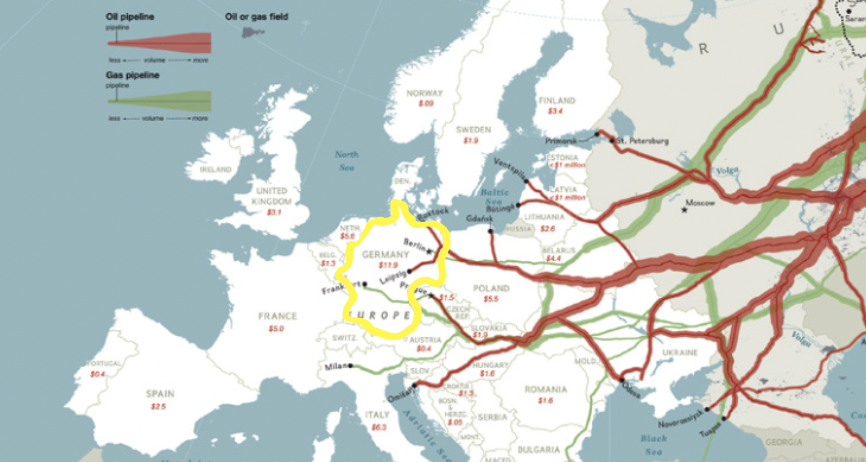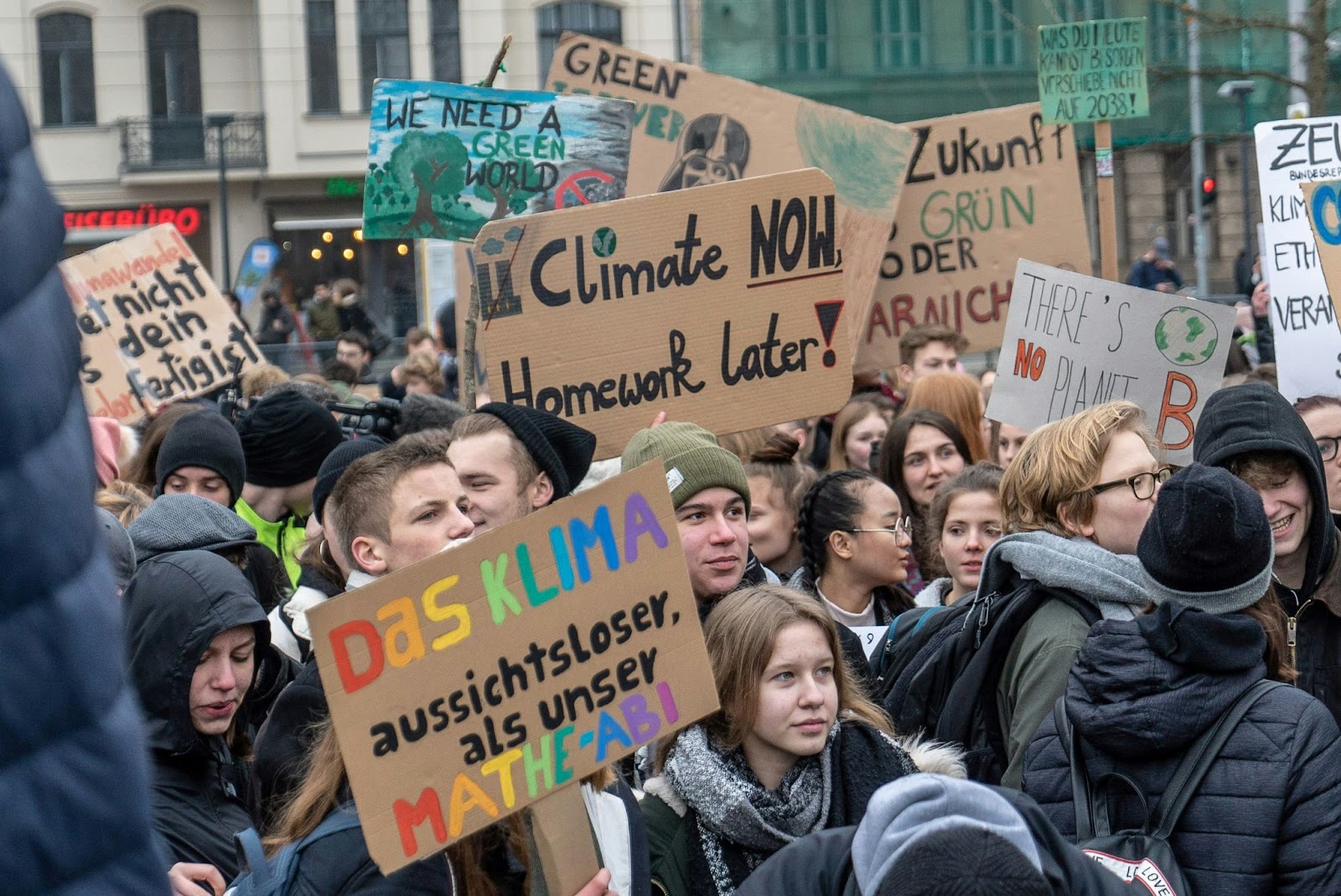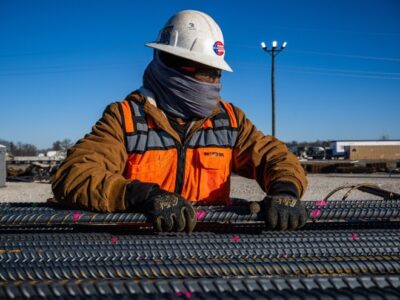The Inflation Reduction Act (IRA) was a monumental piece of American legislation, signaling a change of course for the American economy. Cleantech and renewable energy became less of a luxury and more of a commodity. Electric cars, solar panels, and other related infrastructure are being produced on U.S. soil, with many companies taking advantage of the tax credits included in the law.
European leaders and business people want something similar to uplift the European economy and hasten renewable energy deployment.
A group of European business leaders wants European Union (EU) politicians to introduce a European Industrial Deal to stay competitive in the global renewable race.
The deal would make energy cost-effective with less red tape and hopes to jump through for funding. The group says the European bloc needs to catch up to the U.S. and China in their renewable energy tech manufacturing. That’s despite European climate goals of cutting 90% of carbon dioxide emissions by 2040.
However, according to Bloomberg, Europe is not on track to even reach the 55% reduction rate it hopes to hit before the 2020s are over. Money continues to be one of the biggest roadblocks. EU estimates suggest the transition to renewables requires 1.5 trillion euros ($1.6 trillion) yearly from 2031 to 2040 to meet carbon neutrality goals. Funding will have to come from national governments and private companies.
Germany is at risk of falling out as the dominant industrial superpower in the EU. The country has been on a downward trend since 2017, with less steel production and general manufacturing coming out of Düsseldorf and other industrial cities.
The U.S. is moving away from Europe as it bolsters its clean-tech and climate-tech investments at home. China no longer buys German goods as much as they used to. Cutting off Russian gas after the onset of the Ukraine invasion has caused many manufacturers to close.

Graphic Courtesy Jameson Scarsella/Map courtesy National Geographic
“You don’t have to be a pessimist to say that what we’re doing at the moment won’t be enough,” Volker Treier, Germany Chamber of Commerce and Industry foreign trade chief, said to Bloomberg. “The speed of structural change is dizzying.”
The IRA was designed to embrace the changing energy industry and offer similar roles to skilled workers.
Instead of liquid natural gas or oil drilling, the industry is moving into solar panel building, wind turbine maintenance, and other renewable jobs.
When they come online, various electric vehicle (EV) plants will increase employment in construction and manufacturing.
The IRA put a focus on American climate and labor needs without scaling back other industries and issuing an economic slowdown. The EU wants to avoid falling behind its biggest global trade partners while reigniting a stagnating economy.
EU leaders and prominent business figures met in Antwerp on Feb. 20 to discuss the need for a European Industrial deal to complement the European Green Deal. To date, the Antwerp Declaration has 578 signatures across 20 sectors, championing further support for a climate-first economic plan.
“The question in front of us is: how do we continue to grow our European industry?” Alexander De Croo, Belgian prime minister, said in a May 2023 speech. “The answer is: with a European Industrial Deal at the same level of a European Green Deal. Not in opposition to each other but to reinforce each other.”
Creating a clean economy hasn’t been easy. As concerns over the green shift ripple across the continent, the need for a European Inflation Reduction Act-type deal is growing.
Several rail and airport worker strikes occurred in Italy, Belgium, France, and Spain. Discontent among farmers is increasing as cheap imports, subsidy cuts, and other clean and green directives are hurting their business. They have protested across borders, blocking roads with tractors and dumping manure in political building plazas. There were even outcries over pesticide use, causing Ursula von der Leyen, EU president, to withdraw legislation to halve the use of it.

Photo Courtesy Mika Baumeister
Right now, a European Green Deal Industrial Plan for the Net-Zero Age enacted in February 2023 serves as the only IRA-type deal in the bloc. Originally passed in light of the IRA, a four-pillar plan outlined how it will regulate the cleantech and renewable energy sector, with legislation focused on critical materials, electricity reform, and net-zero industry practices. Funding, skill development, and supply chain resiliency were all included in the law.
Renewables are considered a necessity to decarbonize the steel and materials sectors. However, leaders want policy targets followed without restrictive rules, much like how the IRA encouraged solar, wind, nuclear, and hydrogen deployment at faster rates with fewer costs.
Much of this climate policy expansion rests on the upcoming EU elections. Closing manufacturing plants won’t win any support from a disgruntled European labor force. The European Industrial Deal has to satisfy several labor groups, from farmers to construction crews.
“Europe is right with its zero-carbon goals — no one is challenging that. But the answer isn’t decarbonizing by de-industrializing,” Sir Jim Ratcliffe, founder, chairman, and CEO of INEOS Group, told Bloomberg.





